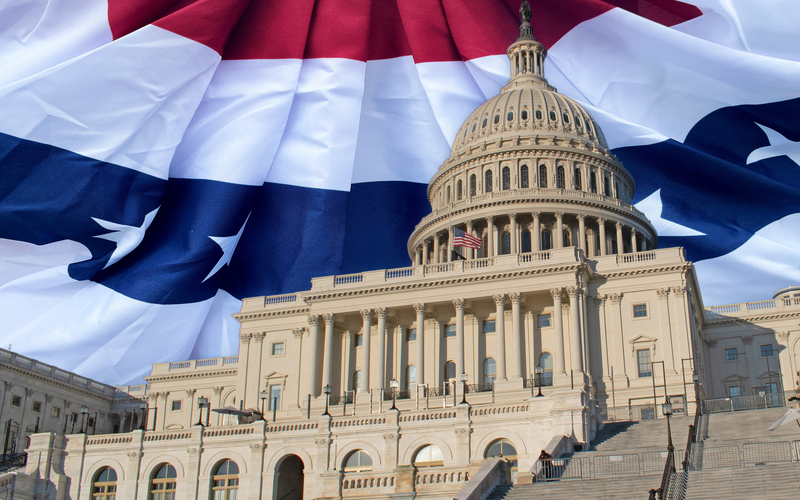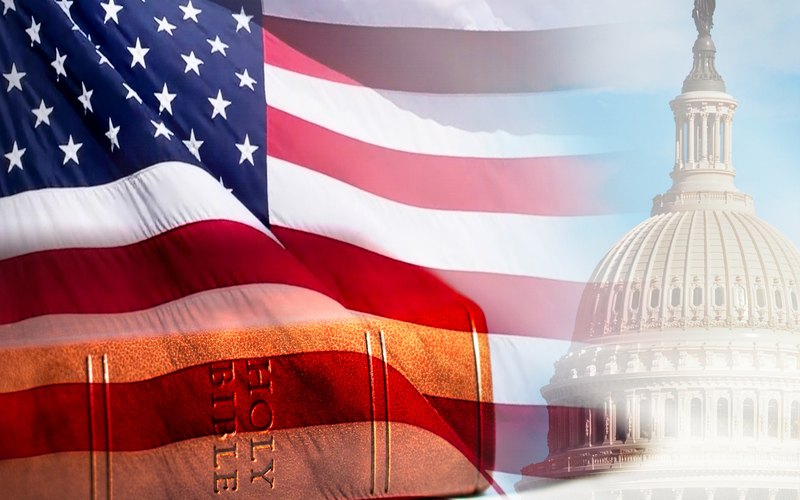The House of Mouse Is OUT
Sign up for a six month free
trial of The Stand Magazine!
The list of offensive content is extensive and expanding – animated films like Lightyear, Toy Story 4, and Onward, as well as live-action films like Beauty and the Beast and Cruella. These all peddle LGBTQ-friendly content to children as nonchalantly as an ice cream truck sells treats during a hot summer day in middle America.
‘Queering’ a generation
When the animated film Strange World premiered, actor Jake Gyllenhaal, who did one of the voiceovers, was asked about the movie’s LGBTQ character. He celebrated Strange World’s storyline and “the idea of having a queer kid and just it being normalized,” which he thought was “just such a beautiful thing.”
Gyllenhaal said publicly what Disney executives have been saying privately for a long time. In March 2022, journalist Christopher Rufo created a whirlwind of controversy after he posted videos online showing Mouse House signal-callers discussing plans to push LGBTQ content.
For example, Latoya Raveneau, executive producer at Disney Television Animation, said that although the entertainment giant had a “secret gay agenda” in the past, things had now changed. There is a pro-LGBTQ “momentum” at Disney, she said, and wherever she could, she was “just basically adding queerness.”
Karey Burke, president of 20th Television, a division of Disney Television Studios, said in another video that she was going to be pushing, not only for more LGBTQ characters in general, but specifically for more “queer” lead characters.
Burke told company staff that Generation Z (ages 12-27) is “30-40% queerer” than previous generations, which provides Disney with an opportunity to be even more aggressive in promoting LGBTQ characters to young people.
Relating her experiences while at Freeform, a Disney-owned cable channel, Burke said Freeform had made it a habit to target “younger and more open-minded” viewers.
For critics of Disney, Burke’s reasoning reveals a bit of sleight of hand. The company is pushing a pro-LGBTQ ideology to younger folks who claim to be “queerer” than their elders. But how did Gen Z get this way in the first place? How did they become “queerer”?
It’s not difficult to follow the ideological breadcrumbs. There has been an all-out assault on gender and sexual normalcy for a generation. Much of this has come via the content factories at Disney, although it’s certainly not the only company doing so.
The cost of pink dollars
Clearly, executives like Raveneau and Burke – and others who appeared in the videos posted by Rufo – are true believers in their agenda. They have an ideological zeal to promote their cause that is every bit as fanatical as a Marxist pushing a proletarian revolution.
What is also clear in Disney’s push of all things “queer” is that executives believe there is success to be had in being woke. Much of corporate America seems to have pushed in all their chips on the same sketchy bet.
Recent history may be telling a different tale for the House of Mouse. Forbes noted that Disney had four film flops in 2023 that cost the company nearly a billion dollars. Ant-Man and the Wasp: Quantumania, the live-action remake of The Little Mermaid, Indiana Jones and the Dial of Destiny, and Secret Invasion were all disasters, costing the entertainment giant more than $964 million.
Of course, as a company, Disney is worth hundreds of billions of dollars, so such losses hurt – but are hardly fatal. Yet the Disney brand has suffered significant damage, according to an Axios-Harris poll that measures the reputation of the nation’s most high-profile companies.
In 2016, more than 82% of consumers had a positive opinion of Disney. However, by 2023, that positive view had deteriorated – dropping more than 11 points to 70.9%.
Axios said that was good enough to send Disney tumbling 12 spots – to 77th on its list of Top 100 companies. Axios declared that Disney’s “overall reputation score was severely impacted.”
But impacted by what? Axios said much of the drop came for the company “after tangling with Florida Governor Ron DeSantis over students’ LGBTQ+ rights.” This was after then-Disney CEO Bob Chapek said the company would work to overturn the Parental Rights in Education bill passed by the Florida Legislature and signed into law by DeSantis. The law simply stated that sexuality would not be discussed in Florida public schools with students in the third grade and below.
So culturally and politically speaking, who loves the Mouse House and whose love has grown cold? The Axios poll revealed that the company’s reputation among Democrats grew more positive during this period, jumping from roughly 72% to 80%. But among Republicans, Disney’s reputation tanked, falling from 75% to 61%.
For Republicans (and, one would imagine, Bible-believing Christians), Disney is no longer a trusted source of entertainment. Only 46% of Republicans said Disney was “family-oriented,” only 21% said they had positive feelings about the entertainment giant, and 35% said the company had become more divisive.
Dividing leads to subtracting
The truth of that divide seems to be dawning on Disney. After replacing Chapek in 2022, current CEO Bob Iger said he was “sorry to see [Disney] dragged into that battle” with DeSantis and the Florida Legislature.
“Do I like the company being embroiled in controversy? Of course not,” he said. “It can be distracting, and it can have a negative impact on the company. And to the extent that I can work to kind of quiet things down, I’m going to do that.”
In its annual report filed with the U.S. Securities and Exchange Commission, Disney admitted that it was risky for the company to lose sight of “consumer tastes and preferences for entertainment.” Moreover, the company said failing to create products that “achieve sufficient consumer acceptance” can adversely impact revenues and “present risks to [its] reputation and brands.”
It’s hard to believe that Disney had to learn such a self-evident truth the hard way, but such is the nature of the go-woke gamble. Moreover, it is probably a safe bet to assume that Iger’s promise to quiet down the company’s left-wing activism is merely wishing upon a star. After watching the videos posted by Rufo, there is little hope that Disney could reverse course on its promotion of LGBTQ ideology without igniting a rebellion in its own creative ranks.
Perhaps at cocktail parties, Disney executives will get a pat on the back for going woke, but as a business decision, showing disdain for a sizable segment of the company’s customer base is a counterintuitive economic decision.
“The lesson here is that when you divide, you subtract,” said John Gerzema, Harris Poll CEO. “When you divide audiences, you’re ultimately going to be subtracting customers for your business.”
For decades, AFA has been exhorting companies to remain neutral in the culture wars. Primarily, this was because corporations who push immorality tear away at the very fabric of American life. But remaining neutral also makes economic sense.
If a company is in business to make widgets, it should make widgets – not enemies.
(Digital Editor's Note: This article was published first in the June 2024 print edition of The Stand. Click HERE to get a free six-month subscription.)

Sign up for a free six-month trial of
The Stand Magazine!
Sign up for free to receive notable blogs delivered to your email weekly.



















